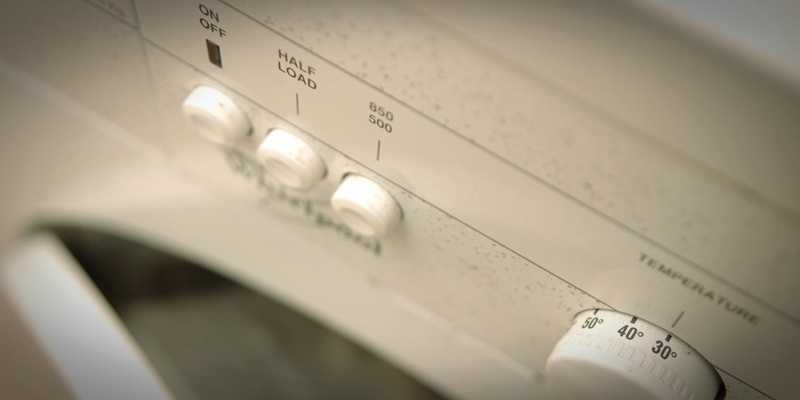Scottish children have been confusing liquitabs for dishwashers and washing machines with jelly babies.
Five children have been admitted to the Royal Hospital for Sick Children in Glasgow so far this year after biting into the small brightly coloured pouches thinking they were harmless sweets. There have also been cases in Fife.
Doctors said these cases could have had fatal consequences if it had not been for the quick actions of medical staff.
Dr Lyndsay Fraser from the Glasgow hospital’s ear, nose and throat department said: ”We have known for some time about the risk of eye injuries from kids squeezing these liquitabs until they burst.
”What we have seen more recently is that children are biting into the tablets, presumably because they think they are sweets as they have the same soft texture and bright colouring.
”The alkaline chemicals in the liquitab cause an immediate chemical burn, causing breathing problems as the airway starts to swell rapidly. Getting them to hospital straight away is imperative.
”In most of the cases seen so far we have had to insert a breathing tube to protect the child’s airway from the swelling and help them breathe.
”If these children hadn’t reached A&E on time, the airway could close over completely with potentially fatal consequences.”
Once the breathing tube has been inserted, children can be on a ventilator for anything up to two weeks while the swelling settles, and one child so far has required further surgery to repair the damage caused by the liquitab.
Dr Fraser added: ”It really is only good fortune that we haven’t seen a death resulting from this type of injury.”
Dr Fraser and her colleagues have published a letter in the Archives of Diseases in Childhood to alert medical colleagues and parents as to the dangers of liquitabs.
”Most parents are not aware of the dangers of these common household items, commonly storing them in unlocked cupboards within potential reach of their child,” Dr Fraser said.
”It is important parents realise that these liquid capsules are dangerous chemicals and they should be kept locked away so children can’t reach them. They must be stored safely at all times, out of reach and sight of young children.
”Wherever possible and as with all household cleaning products and bleaches they should be stored in a locked cupboard or in a cupboard that cannot be accessed by children.”
NHS Fife nurse director Anne Buchanan said: ”NHS Fife has treated children who have bitten into liquitabs. However, the numbers are so low that we consider it to be an infrequent occurrence.
”If a member of the public is concerned that a child may have swallowed anything potentially harmful, we recommend that you contact NHS 24 or take the child to the nearest A&E department.”
A spokeswoman for NHS Tayside said they had received no reports of the problem.
Photo by Yui Mok/PA Archive
